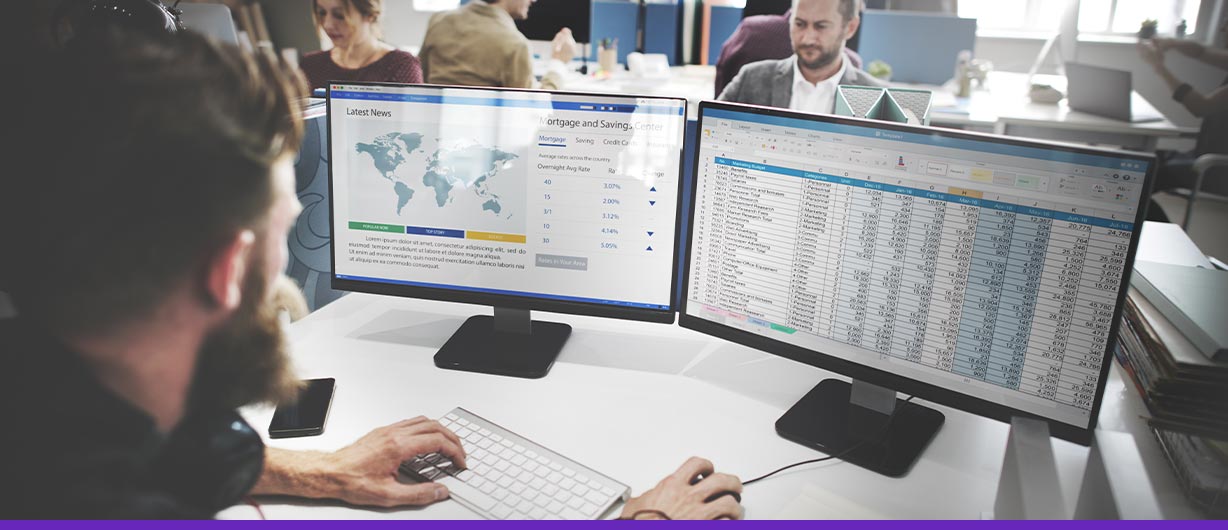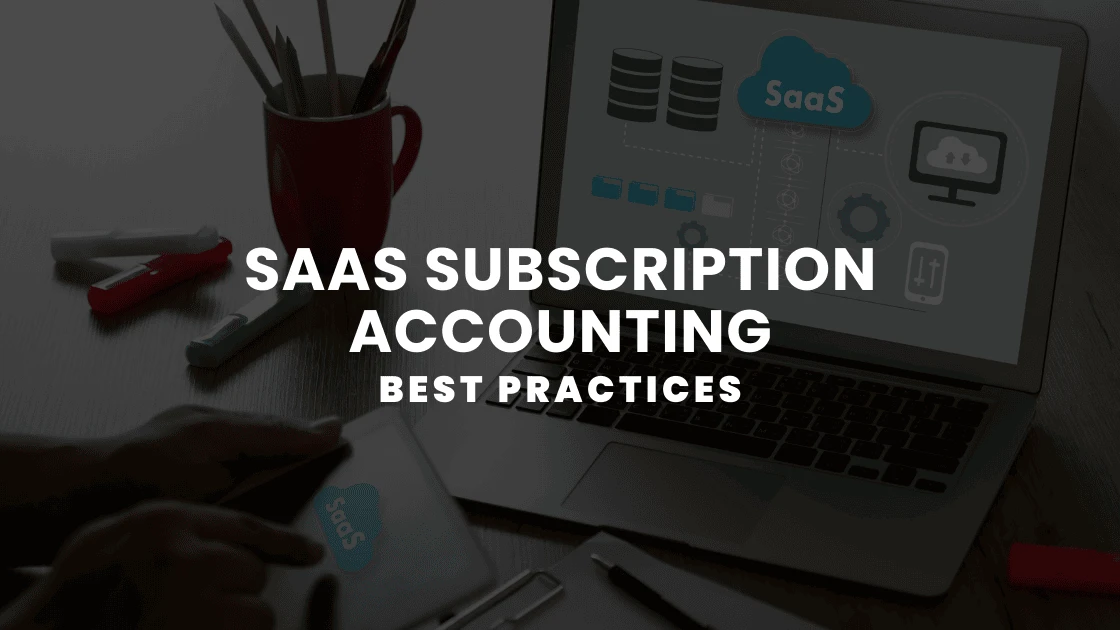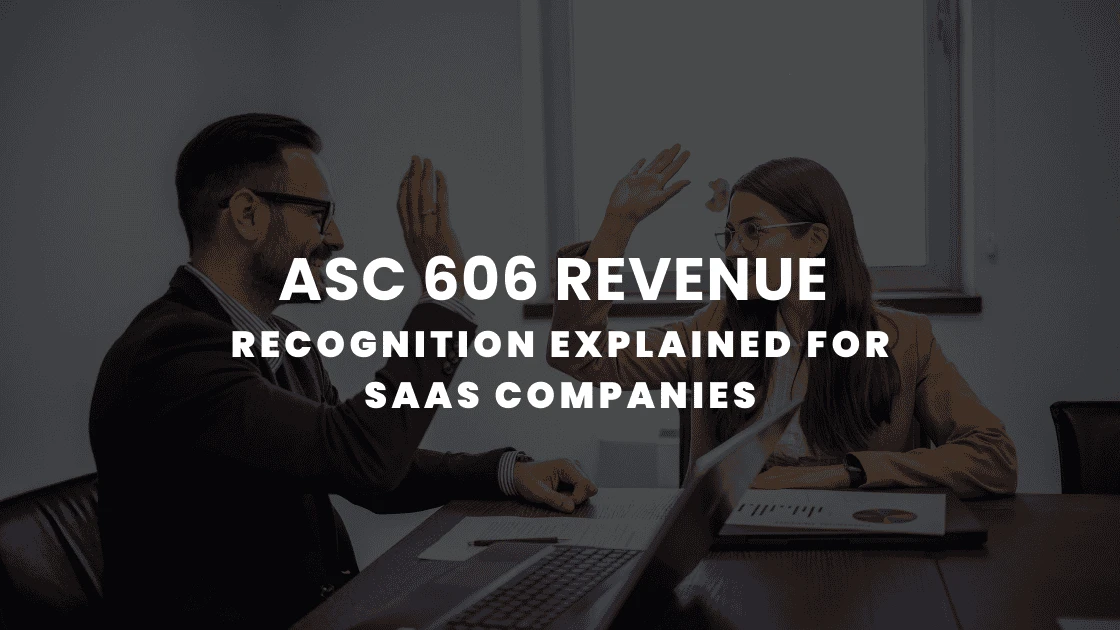October 7 2022 | By Wajiha Danish | 5 minutes Read

When a company is venturing out into the market, many thought processes go behind closed doors. It is up to the company to consider an accounting system that is best suitable according to the business model.
The company can go for a traditional accounting method or a cloud-based method.
The traditional accounting system is still prevalent in a lot of parts of the world and orthodox practitioners still prefer the old methods of accounting with which they are familiar regardless if they have lost their effectiveness or not.
Let’s understand traditional back office accounting and how it works.
Accruals basis is another name often used for traditional accounting.
It is a method in which the income and accrued expenses are included which were billed or invoiced through the accounting period for which you need to file the tax return. This kind of calculation is also known as the matching concept.
This simply means that you have to pay for the national insurance and tax whether your client has already paid you or not. Traditional accounting requires different accounting adjustments to be calculated to have a final report.
These adjustments can be:
– Accruals
– Trade creditors
– Trade debtors
– Prepayments
The traditional back office accounting practices are said to be useful for small businesses especially the ones that are offering a small range of services or products and do not need to be customized.
One of the traits of traditional back office accounting is that you need to keep a record of all the income and expenditures.
Some of these may include:
– The value of the remaining stock at the end of the accounting year
– Any business asset such as a piece of equipment or stock that was purchased during the year
– Travel costs
– Purchase of a vehicle for business use
– Payments made to the employees in the form of salaries, benefits, bonuses, etc.
– Any other income
– Interest accrued by the bank or any other business used in building
If you are planning to integrate a traditional accounting system into your business then it is better to weigh the pros and cons of this system before finalizing your decision. Here are some of the advantages and disadvantages of the traditional accounting system for your assistance in making the decision easy!
One of the major advantages of traditional accounting is that the information system avoids data entry errors as well as the corruption of data or records.
A lot of users do not completely understand how the computer systems work and the technicalities of storing data therefore, if an issue arises in the files or an error occur in the database with which the user is not familiar, this might lead to ruining the record which will stop the accountant from performing their jobs properly.
In a traditional accounting system, one file is used for every separate account which automatically eliminates any kind of confusion as well as results in the users accessing the data more easily.
When it comes to traditional accounting, the system offers a double-entry method. This method eradicates the data entry errors themselves.
For instance, every transaction in traditional accounting is entered as a credit and a debit in two different accounts. This helps in the elimination of data entry errors but also helps businesses to save time that can be lost because of these devastating errors and mistakes.
Another advantage of traditional accounting is that even if the internet is not available or the power has gone out, this will not prevent the users from accessing their data and working on it.
For a company that requires to stay in touch with its accounting records all the time, it is best to get a traditional accounting system inducted into its business model.
Traditional accounting system requires business owners to keep the records in hard copies as well. This is done as a precautionary measure. For instance, if any kind of error occurs and the data gets deleted from the system then the company has the physical record as a last resort.
But this can be costly and risky because this data in hard copies can get destroyed or stolen.
With the cloud accounting system, the users do not need to store the data in hard copies as the data can be stored in the cloud without the fear of losing it. Cloud accounting system also helps in saving time and cost that is spent on storing the records on physical copies.
One of the major reasons why more and more companies are resorting to newer means of accounting is the cost that is incurred by having a traditional accounting system.
Completing accounting jobs with the help of traditional accounting is labor-intensive and time-taking.
On the other hand, the automated accounting system is not very time-consuming and helps the company in saving money.
While traditional accounting may seem to be less expensive in the short run, in the long run, it is automated accounting that is time-saving, less expensive as well as stores the important data of the business.
It is up to a company to decide whether it wants to opt for a traditional accounting system or another one to have a successful business model.
These pros and cons of traditional accounting will help you decide which accounting system would be a better fit for the business. Whichever accounting system you opt for, remember to conduct proper and thorough research before finalizing the accounting system.
See Also: Technology Supported Accounting Back Office Services – Is It Worth It?
Subscribe for business tips, tax updates, financial fundamentals and more.
MORE BLOGS

Running a SaaS business can look simple from the outside. Customers sign up, pay monthly or yearly, and keep using the product. Quite straightforward, right? Behind […]
Learn More →
Revenue is the heartbeat of any SaaS business. But how and when that revenue shows up on your books can change everything, from investor confidence to […]
Learn More →
If you’re a small business, we will absolutely get it if you say you’re having a hard time choosing a payment platform for your company. And […]
Learn More →